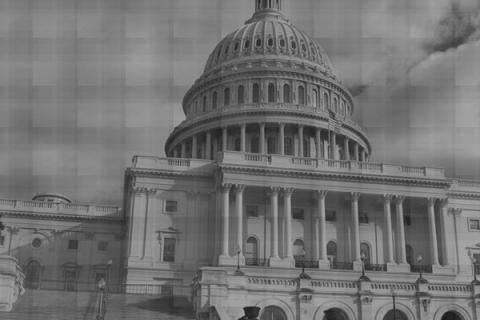
The 2012 election saw a sharp increase in the visibility of third-party candidates driven by voter dissatisfaction with the Republican and Democratic parties. Libertarian candidate Gary Johnson and Green Party candidate Jill Stein received the most attention and the highest vote totals among third-party candidates, but there was another entrant who left his mark on the campaign and may be a force in future elections: Rocky Anderson and the Justice Party.
After breaking with the Democrats to establish the Justice Party less than a year before the general election, Rocky Anderson was able to gain ballot access in 39 states — something unprecedented for a party so young. Anderson, the former mayor of Salt Lake City, received a total of 34,521 votes in his first campaign for president and plans to build upon that momentum heading into 2013.
In an e-mail to supporters a few days after the election, Anderson said, "I ran the race to heighten awareness and to inspire people toward effective action. As demonstrated by third-party candidates in the past (e.g. Teddy Roosevelt and Ross Perot), a third-party effort can win far more than an election if it helps to catalyze a persistent, broad-based democratic movement for real change."
He went on to say that his campaign was a call to the people of the United States to take charge of a long list of outstanding national issues, including reigning in partisanship, wars, and plutocratic tendencies in government and reexamining the current role of the Constitution. In particular, the Justice Party seeks to "restore" the rule of law and most fundamental freedoms guaranteed by the document.
In a separate e-mail, Justice Party Communications Coordinator Laura Bonham confirmed that the party is planning to hold a national convention in Oakland during President's Day Weekend in February 2013. However, there is a possibility that the convention will be delayed until later in the year in order to allow more time for fundraising efforts. At the convention, the Justice Party will look to establish its vision for the future and continue building a viable alternative to the two-party system. Supporters are invited to become official members in order to help build state-level parties that will send delegates to the convention and sustain the party's momentum afterward.
